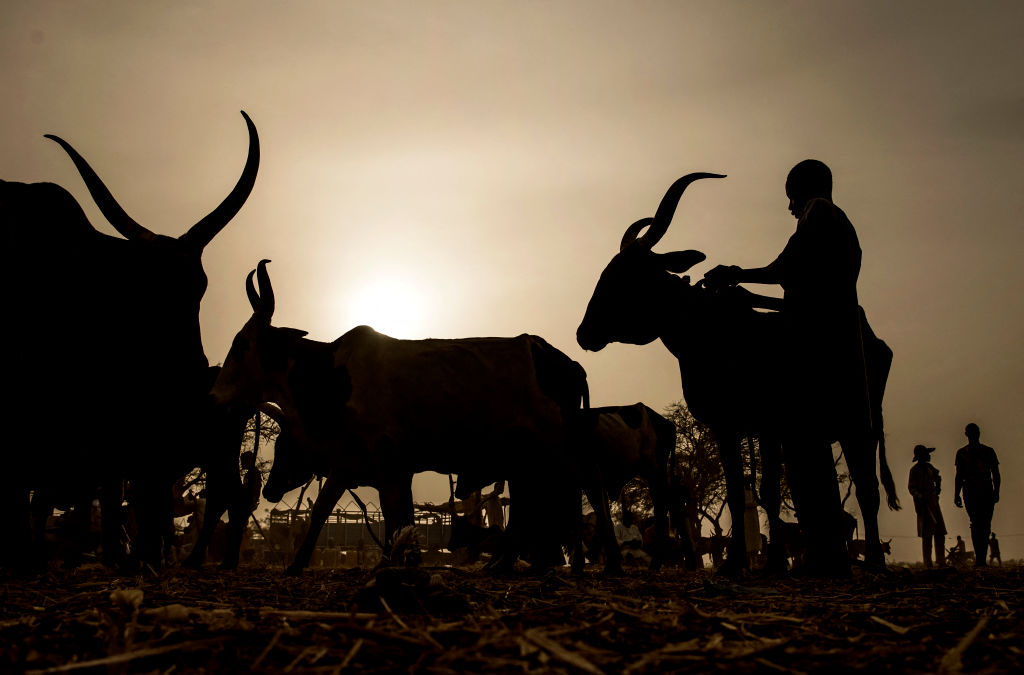
Extremist groups in Africa’s Sahel are increasingly turning to cattle theft—alongside fuel and gold smuggling—as a lucrative funding source, channeling stolen livestock through money-laundering networks in Burkina Faso, Ghana, and Ivory Coast.
A new study by the Global Initiative Against Transnational Organized Crime, in partnership with Resilience for Peace and Action for Life, reveals that armed groups, bandits, and state-backed militias have made cattle theft a core pillar of the war economy. The practice, concentrated in the tri-border region of Burkina Faso, Ivory Coast, and Ghana, serves not only to finance operations but also to assert territorial control and weaken local resilience.
The report notes that from 2022 to 2024, roughly 3,000 head of cattle were stolen in Burkina Faso and Ivory Coast, with southwestern Burkina Faso alone losing more than 2,000 animals. In Ivory Coast’s Bounkani region, 25 incidents in 2024 accounted for around 640 stolen cattle—double previous years’ figures. In western Ghana, security sources say recent thefts now involve hundreds of animals at a time, far beyond the scale of petty rustling.
Key perpetrators include Jama’at Nasr al-Islam wal-Muslimin (JNIM), Burkina Faso’s Volunteers for the Defense of the Homeland militia, and cross-border criminal networks. In areas under its control, JNIM imposes “zakat” on herders, seizing hundreds of cattle annually; elsewhere, it resorts to outright raids, sometimes confiscating entire herds to punish communities.
Once stolen, livestock is funneled into regional markets and sold in southern cities such as Accra, Kumasi, and Abidjan, where meat demand is high. Proceeds are laundered via both cash and digital flows, including mobile money and informal banking systems. The study underscores that cattle theft revenues benefit a web of actors—from young herders and scouts to transporters and traders—and can net armed groups around €275 per bull, rising to €360 in resale.
Experts warn that this cross-border criminal economy significantly undermines regional stability and call for joint security operations, greater transparency, and tighter regulation of the livestock trade.
